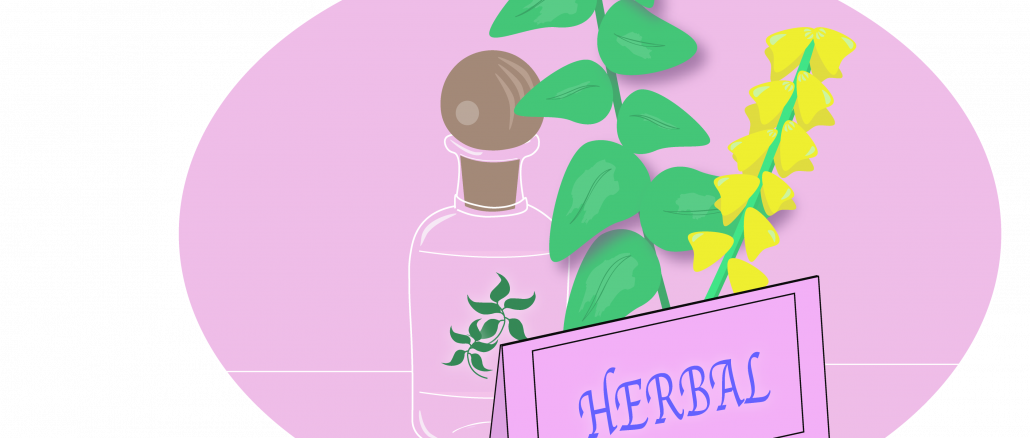
[dropcap]H[/dropcap]erbal medicine is considered the oldest form of healing, it works to restore the balance of the body on both a physical and emotional level. It was discovered by mankind as they turned to nature and herbal remedies to restore and maintain health and vitality.
Herbal medicine involves the use of natural and biologically based practices, interventions, and products to treat a variety of physical or emotional conditions. According to the World Health Organisation, approximately 80 per cent of the world’s population, which is roughly about 4 billion people, currently uses herbal medicine as some form of their health care.
Over the past ten years, the use of herbal medicine has grown in ten folds, with the use of herbal supplements growing over 380 per cent.
A lot of people may be sceptical about the substitute of herbal medicine in place of antibiotics or pharmaceutical medicine to treat physical conditions.
However, thirty per cent of the United States population uses herbal medicine. The controversy surrounding the use of herbal supplements is due to the fact that in the US, herbal medicine is not subject to scrutiny by the US Food and Drug Administration (FDA), or other governing agencies.
The FDA considers herbal supplements as food, not drugs. Therefore, herbs are not subjected to the same testing, manufacturing, and labelling standards and regulations as drugs in the US.
However, unlike alternative medicine such as homeopathy or acupuncture, herbal medicine, and conventional medicine share the same origins.
Pharmaceuticals go through a rigorous scientific process of testing before they can be distributed on the market, whereas, herbal medicine does not.
Herbal medicine can be swallowed as pills, powder, or tincture. It can also be brewed as a tea, added to bathwater, or applied to the skin as gels, lotions, or creams.
Herbs are administered through a unique formula which is specifically prepared using organic herbs where possible. In contrast to modern pharmaceutical preparations, herbs, when prescribed properly and administered in their whole state, can have no side effects.
One of the most popular herbal remedies is Echinacea, which is a coneflower and is used primarily to treat or prevent the common cold.
Ginseng is a medicinal plant frequently used in traditional Chinese medicine to boost immunity, brain function, and energy levels.
Herbal medicine is also used by millions around the world to help treat more sinister health issues like heart disease, dementia, and sexual dysfunction, a specific herb used for these issues is Gingko.
According to herbalists, using the plant itself sometimes in a tea or distilled in a tincture as herbal medicine is more effective for mild to moderate illnesses and complaints including depression and anxiety, and irritable bowel syndrome.
Herbal medicine is also used to combat skins-conditions, sub-fertility, menstrual and menopausal complaints, digestive disorders, insomnia, men’s health, and stress/exhaustion.
Even though herbalists claim that herbal remedies have no side-effects, you must take precautions when using herbal medicine, as it can interact with conventional medicines or have strong effects. Never self-diagnose and always talk to your doctor before using herbal medicine.
If you want to learn more about herbal medicine, a podcast on the effects of herbal remedies on the body are available at theirishherbalist.ie.
Shauna Burdis
Image credit: Sam O’Neill



